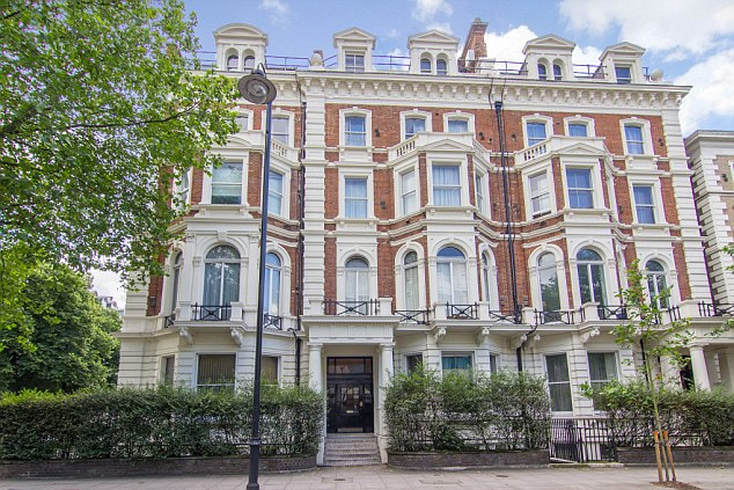23 July 2018
I’m Renting My Home – What Are My Rights?

1. Can my landlord kick me out without a reason, and how much notice should I be given?
Your landlord can’t evict you during the fixed term of a tenancy unless you breach a term in the tenancy agreement, such as not paying rent or damaging the property (unless there is a break clause in the tenancy agreement).
If you stay in the home beyond the fixed term and your landlord wants possession without a reason, they must give you at least two months’ notice (called a “section 21 notice”). There are a number of rules the landlord must follow for the notice to be valid. The landlord must apply to court for possession of the property if you don’t leave when the notice expires.
2. Can a landlord increase the rent, and how much notice should I be given?
Your rent cannot normally be increased unless you agree or the tenancy agreement allows it.
A rent review clause in a fixed-term tenancy will not apply after the fixed term ends, if your tenancy becomes “periodic”. This is when your fixed-term ends and your tenancy automatically continues month-by-month or week-by-week until you or your landlord gives notice. However landlords of periodic tenants can use special procedures to raise rents by giving you a formal notice.
3. What can I do if my landlord fails to do basic repairs, deal with pests etc?
First, ensure you are not responsible for the repairs. Tenants are usually expected to do small maintenance jobs such as changing a light bulb or repairing damage they have caused.
If the landlord is not doing repairs they are responsible for, speak to them first to make sure they understand your concerns. If this does not help you can make a formal complaint by writing a letter to your landlord, explaining the problem, what you want them to do and including any evidence you have.
If this does not solve your problem you can go to the local council, which can help with complaints about repairs that cause a risk to health and safety. The council can look at your home and order the landlord to do the repairs if they think it is harmful to your health or safety.
4. When can a landlord withhold my deposit after I move out?
Most deposits should be protected in a tenancy deposit scheme and a landlord cannot take money from your deposit without either your agreement or arbitration by the scheme. A landlord who has failed to protect a deposit may have to pay a penalty to the tenant and face restrictions on serving notice.
You might not get the full amount of your deposit back if, for example, you owe rent, you have damaged the property or you have lost or broken items on the inventory. Landlords should not take money for reasonable wear and tear, such as a carpet that has gradually worn out over time, or to fix repairs that were their responsibility.
Note
For more information about tenancy disputes, click here.
